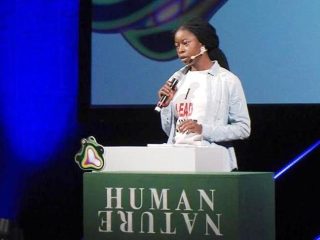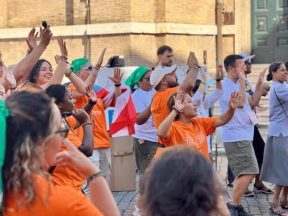Reflection. Leo XIV: Mission & Grace.
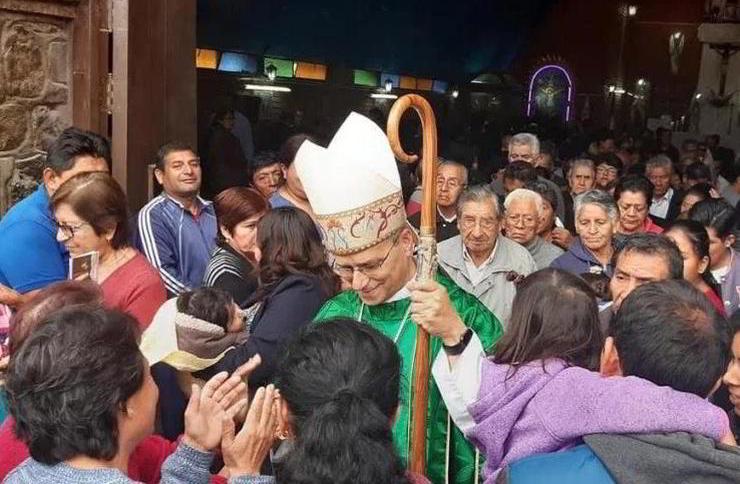
In the conclave, the Cardinals were choosing a person, not a nationality, ethnicity or ideology. The appointment of the new Pope revealed two general features: Cardinals don’t leak – well, maybe the odd one did – and the experts don’t get it right, a single one
did mid-conclave.
The commentariat ruled out an American Pope. Leo XIV, a Peruvian citizen, presented himself in Spanish and Italian with hardly a word of English. A contrast to Pope John Paul II who had been well and truly a Polish Pope as well as a striking universal pontiff.
Leo XIV’s American nationality will, though, probably pose him problems. President Trump initially has been unusually gracious. How long that lasts remains to be seen. The MAGA masses are already on the attack. Pope Francis outspokenly condemned Trump’s contempt for ‘losers’, his treatment of immigrants and the vulnerable. His successor shares his views, though likely to steer a more diplomatic course.
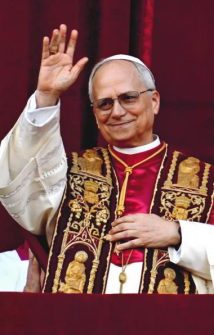
Pope Leo XIV. (Vatican Media)
The crunch in relations with the Vatican will come over meeting Trump a possible invitation to the USA creating huge media interest, a request to visit the Pope a little less problematic. It is not hard to imagine how the White House would manipulate a papal visit. One way of saying ‘no’ to Washington would be to present declining as following Pope Francis who resisted return to his homeland Argentina. A visit to Peru would still be possible?
The new Pope’s Chicago origins elicited massive and investigative interest. His two brothers must be a mixed blessing, immediately humanizing brother Bob but, you can be sure, a bit too gabby for the Vatican into the bargain. And, on cue, ambitious scribblers, religious or otherwise, joined in the ‘what’s he going to be like as Pope’ comment.
The media is stuck on conservative and progressive as two binary categories applicable to Catholic prelates. The reality is there is nothing unusual about sharing an ‘option for the poor’ with an option for social conservatism, or what is commonly called ‘anti-woke’. You might call it normative for Francis and Leo. In that sense Pope Leo was indeed the continuity candidate for the papacy.
Papa Leone is clearly a very interesting man, as at ease talking about the impact of AI on future work as the horrors of war, the plight of migrants and climate change. No-one has really been able to pin down his personality in a paragraph or two from details of his biography. Most have missed the full significance of his having worked as a North American missionary in Latin America.
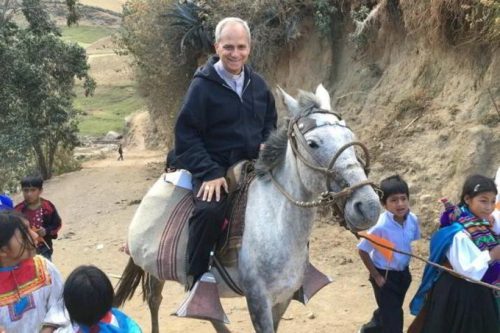
In 2015, he was appointed bishop of Chiclayo. (Facebook)
He worked in a rural area of Peru in his formative years as a young priest. Then in Peru’s historic third city, Trujillo from 1988-1998 as a parish priest and Augustinian seminary teacher. In 2015 he was appointed bishop of Chiclayo, a seaside town also in the North-West where he served for eight years. All this has been publicized. What is missing is the significance of this appointment.
Three-quarters of Peru’s population of 34 million is, at least nominally, Catholic. As an Episcopal Conference, the country has 75 cardinals, archbishops and bishops, plus 12 titular bishops who do not serve a particular diocese. As Bishop of Chiclayo he took out Peruvian citizenship. Looking at the 75 names in the Conference, Roberto Prevost appears like the only American one. The only other American name was the papal Nuncio, the Vatican’s State’s ambassador in Peru.
To be recommended in 2014, an American, for a Peruvian diocese is some measure of his record as a priest. Missionary bishops are in the main a thing of the past. An American Nuncio perhaps had some anxieties as he passed on his name to Rome, though Pope Francis appointed him quickly. In many parts of Latin America, the USA’s role in propping up vicious dictatorships in the past has not been forgotten. Peru had less unpleasant memories, was far from America’s backyard, but also suffered from insurgency and military reaction to it.
It was, typically, politically and culturally independent. And Gustavo Gutierrez’s seminal Theology of Liberation: Perspectives was published in Lima, Peru’s capital, in 1971. Its radical spirituality and Marxist economic analysis – of relations with the USA – caused consternation in the Vatican. The Peruvian love and acceptance of their Bishop Roberto is shown in the joy of his appointment as Pope.
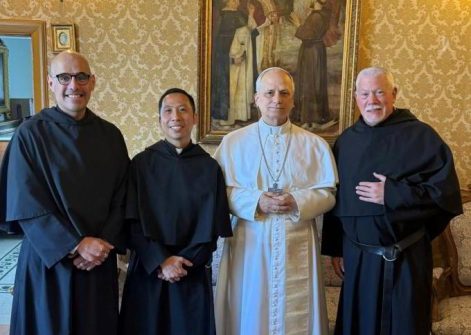
Pope Leo XIV is visiting his confreres at the Augustinian Shrine in Genazzano. (Facebook)
As the leadership of all Religious Orders demanded, his two terms as Prior-General of the Augustinians, meant extensive travel. The distinctive demands of a missionary vocation in different contexts and cultures would have become obvious. No-one had to tell Roberto Prevost that he was serving a global Church.
He brought lay teams into the pastoral action of the diocese of Chiclayo following the Second Vatican Council’s vision of a united “People of God”. He was known for his easy manner and friendship, his concern for migrants, the poor and vulnerable, for the refugees arriving from Venezuela, and as a spiritual director. Leo’s first words ”peace be with you all” and his fatherly ‘Non avete paura’, (“do not be afraid”), reflect the gravity of the global conflicts and problems he now faces.
How on earth do you lead 1.4 billion people today in their various cultures, societies and governance? Respected for his calm and as a listener, no wonder his emotion and tension showed before his address on the balcony. A missionary Pope, many prayers will carry him, his friendship with many, not least the cardinals who chose him, his Augustinian spirituality, and a faith honed by the people of Peru. (Bishop Prevost greets the faithful outside the Cathedral of Saint Mary in Chiclayo. (Photo: Facebook)
Ian Linden
Visiting Professor at St Mary’s University,
Strawberry Hill, London

